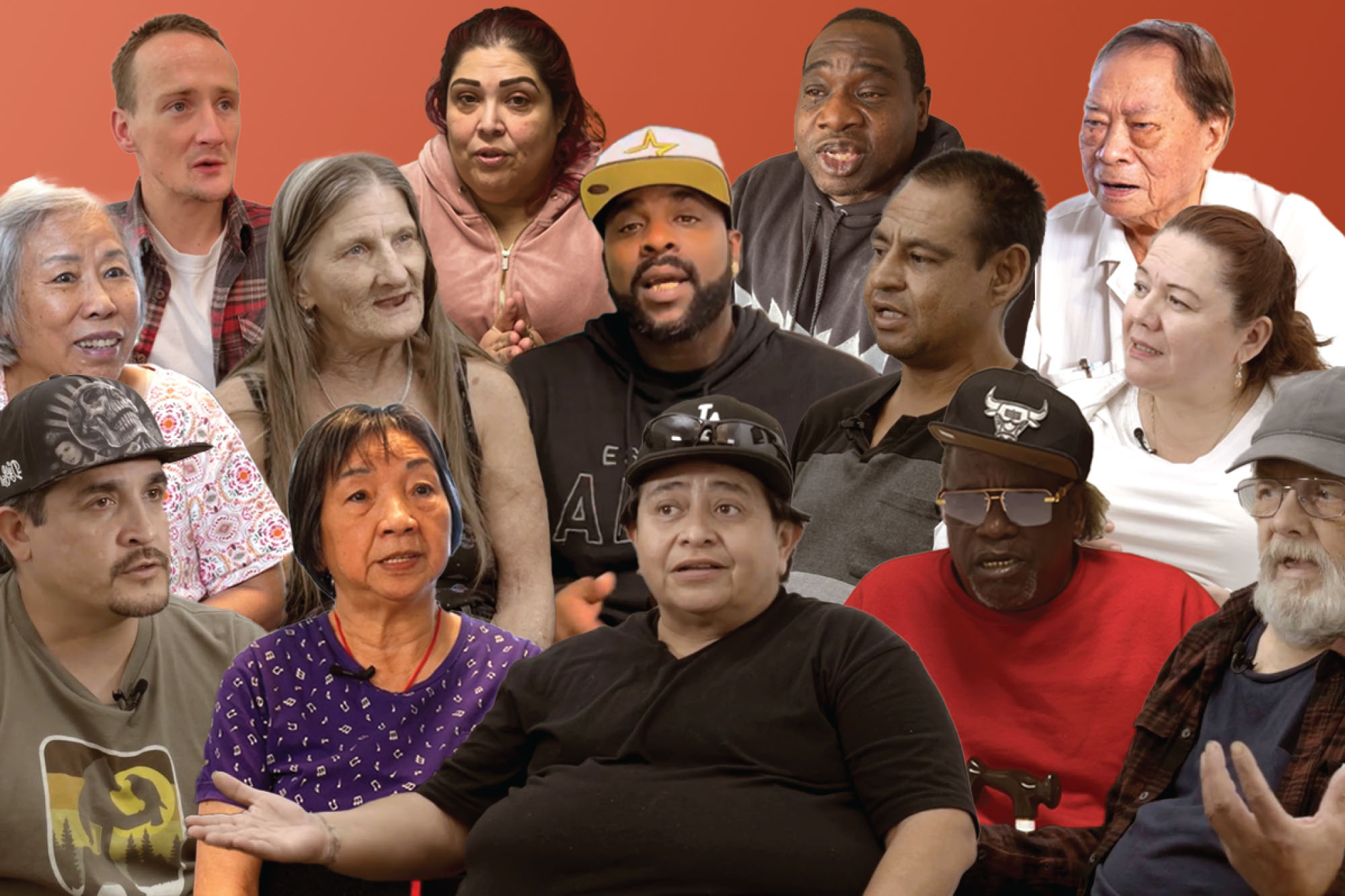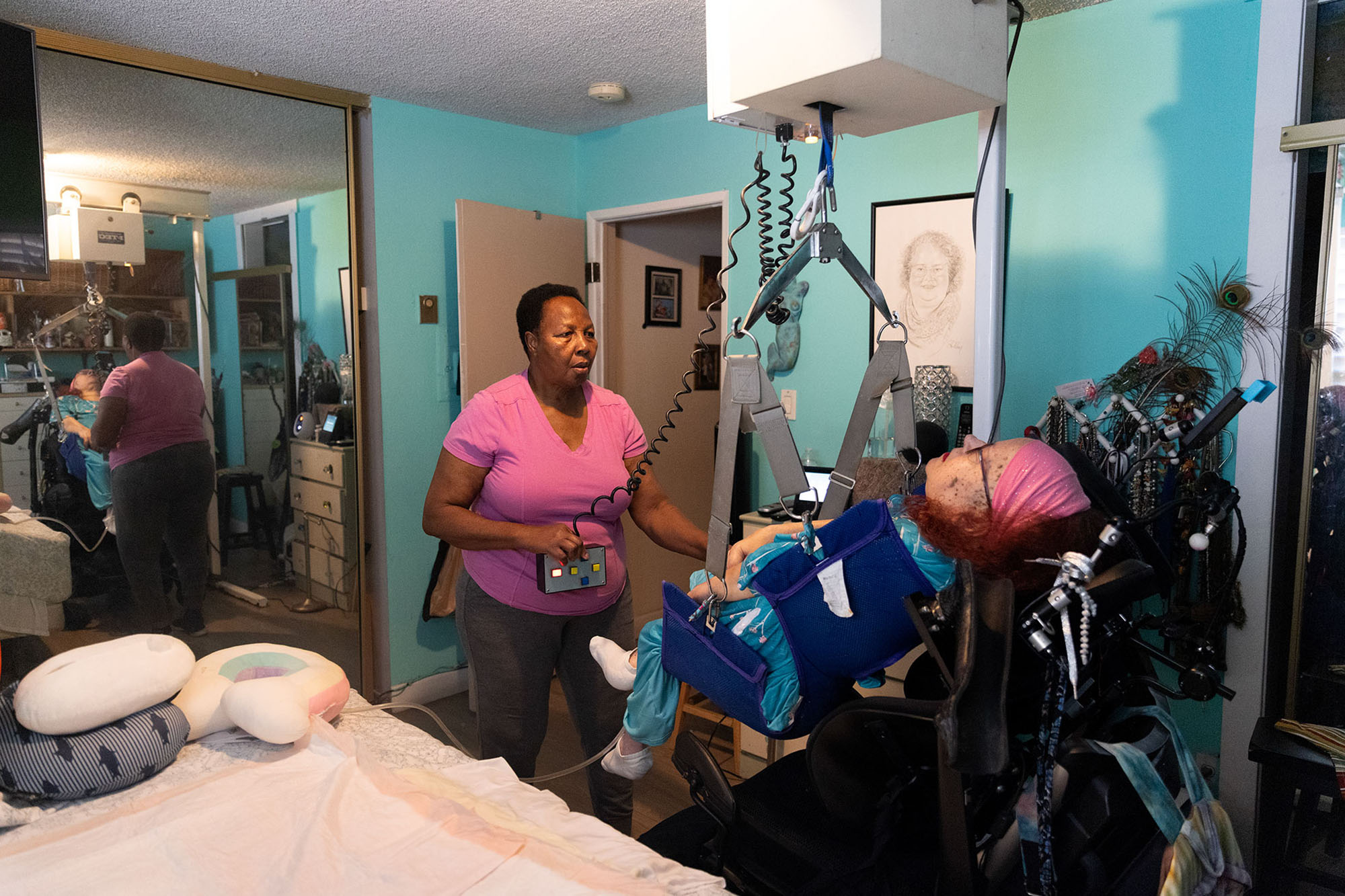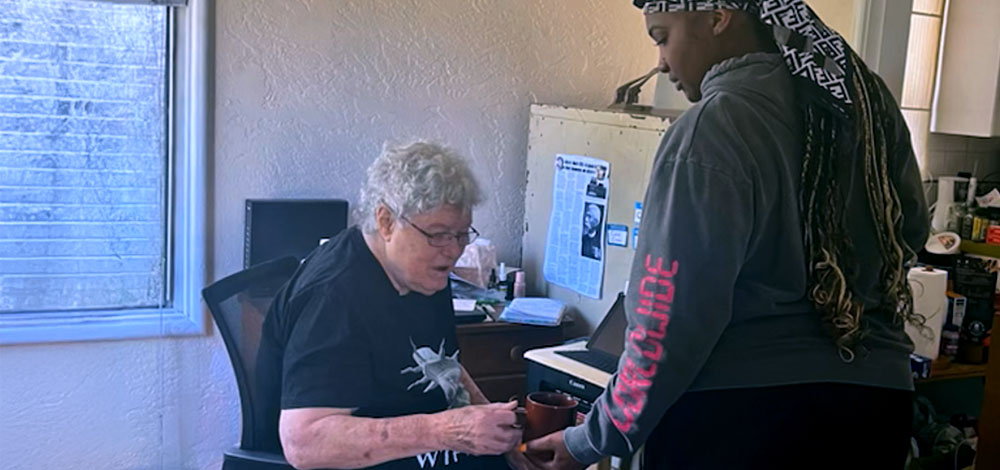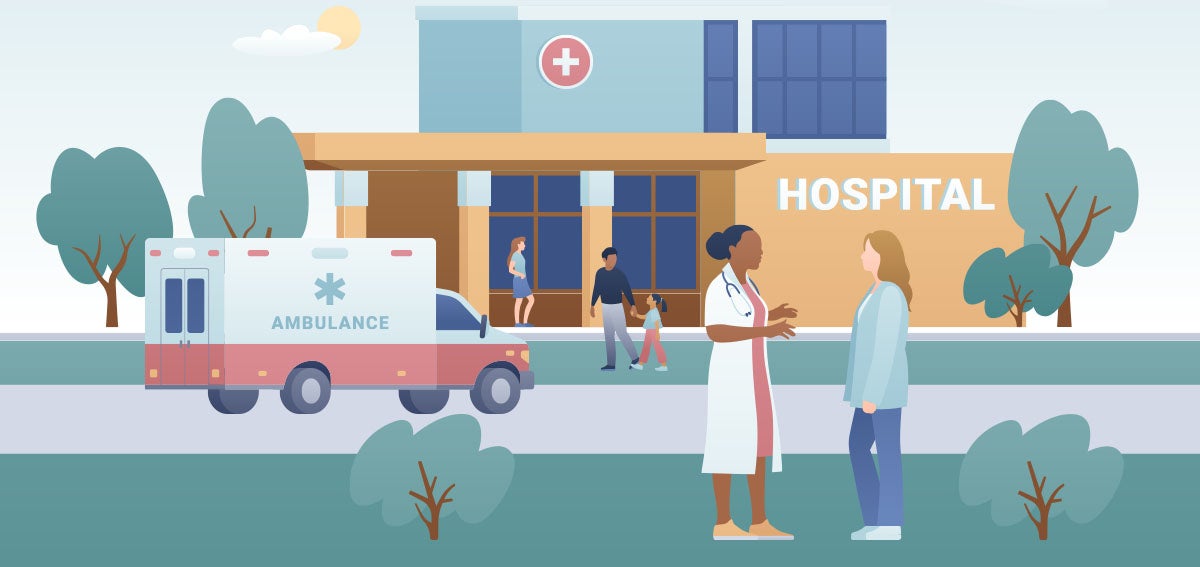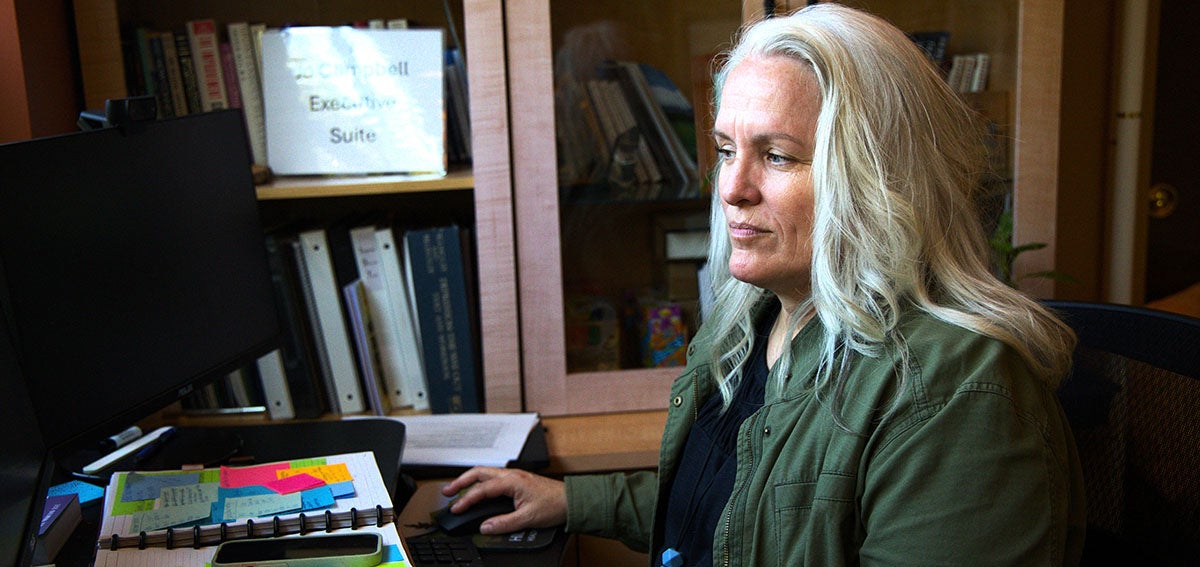Upon release from prison or jail, many people face significant obstacles navigating and accessing medical and behavioral health care services. Many states, as well as the federal government, are looking at ways to improve continuity of coverage and provide seamless transitions back to the community. A major obstacle states face is that, since Medicaid was created in 1965, federal law has barred it from paying for services for people who are incarcerated.
However, a growing number of states are seeking federal waivers of this policy to support reentry for justice-involved people by providing Medicaid services before release from prison or jail.
In January 2023, California became the first state to receive 1115 demonstration authority approval to provide some Medicaid services to people in the 90 days prior to their release from jail or prison. An additional 14 states have pending reentry proposals before the Centers for Medicare & Medicaid Services (CMS).
One critical question is how these projects will be evaluated.
Opportunities to Learn More About Serving Justice-Involved Individuals Through 1115 Demonstration Evaluations provides an overview of justice-involved 1115 demonstration initiatives, summarizes what is known from existing evaluations of these activities, and identifies a set of opportunities to design robust and equity-focused 1115 demonstration evaluation plans specific to justice-involved populations. It includes a “Spotlight on California” that provides insight into CMS’s expectations regarding evaluating California’s initiative.
The brief was produced by SHADAC with support from CHCF.

